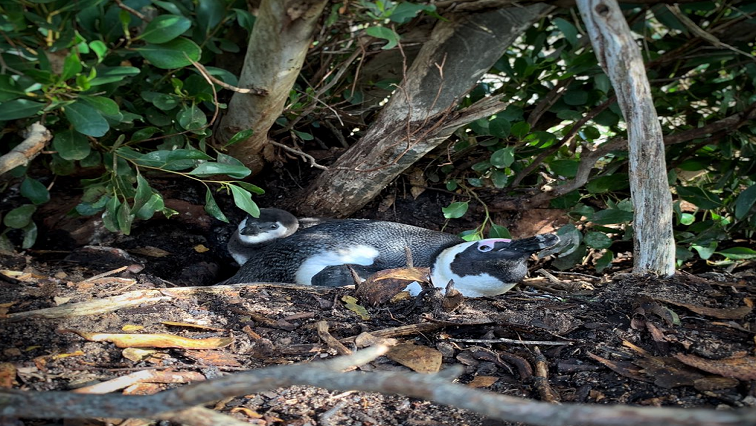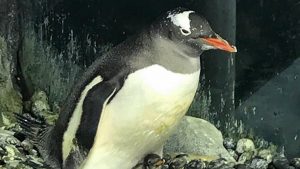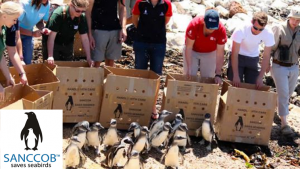The Fisheries Department plans to implement limited fishing at six penguin colonies around the Cape due to a drastic decline in African penguin numbers. Identified colonies include Dassen Island, Robben Island, Stony Point, and Dyer Island.
The African penguin was in 2010 classified as endangered by the International Union for the Conservation of Nature. The Department says numbers have declined from about 52 000 in 2013 to 13 000 two years ago.
The six identified colonies for intervention are home to about 88% of breeding pairs along the South African coastline. An iconic species for the region, African Penguins attract national and international tourists to the coastal areas of the country.
Department spokesperson, Zolile Nqayi, says Minister of the department Barbara Creesy had earlier this year set up a joint task team with SANParks, for the management and conservation of this coastal bird.
“This has been receiving attention for quite a while, as far back as 2010 the Department and stakeholders at a workshop where an African penguin management plan was drafted and agreed upon. And in 2013 this was reviewed. The difference is that the plan addressed nonfish-related issues, whereas now we are dealing with proposals that affect the fishing industry. But efforts to deal with the decline have been happening for quite some time,” says Nqayi.
The Department says it recognises that the African penguin is on a critical list and urgent action is needed to stop further decline. A Biodiversity Management Plan for the African Penguin of 2013 which was aimed at halting the decline after two years of implementation, failed to reverse the decline.
Dr. Lauren Waller of coastal bird conservation organisation, SANCCOB has welcomed the latest intervention by the department.
“Having lost more than 70% of its population in the last 30 years, facing functional extinction on the west coast of South Africa should current rates of decline continue, and with the recent increased rate of decline as observed in Algoa Bay, as sea bird conservationist proactively doing everything we can in partnership with like-minded organisations, and supported by academic scientists, we have witnessed the demise of this iconic species for years,” says Waller.
Stressors for the species have been identified as emanating from climate change, lack of food, shipping vessels activity, and quality of breeding habitat, among others.
VIDEO: Scientists continue with efforts to save the endangered African Penguin




